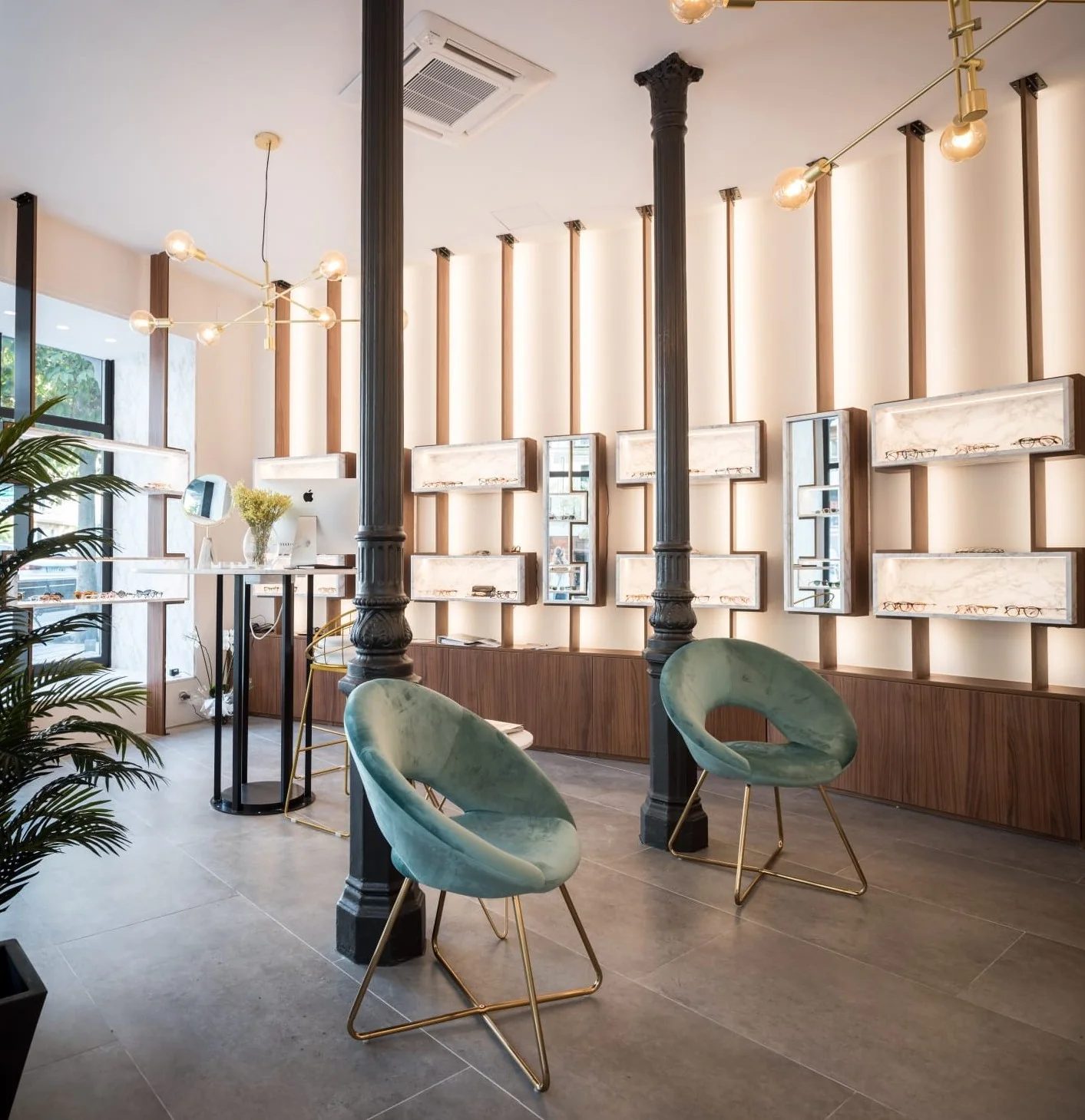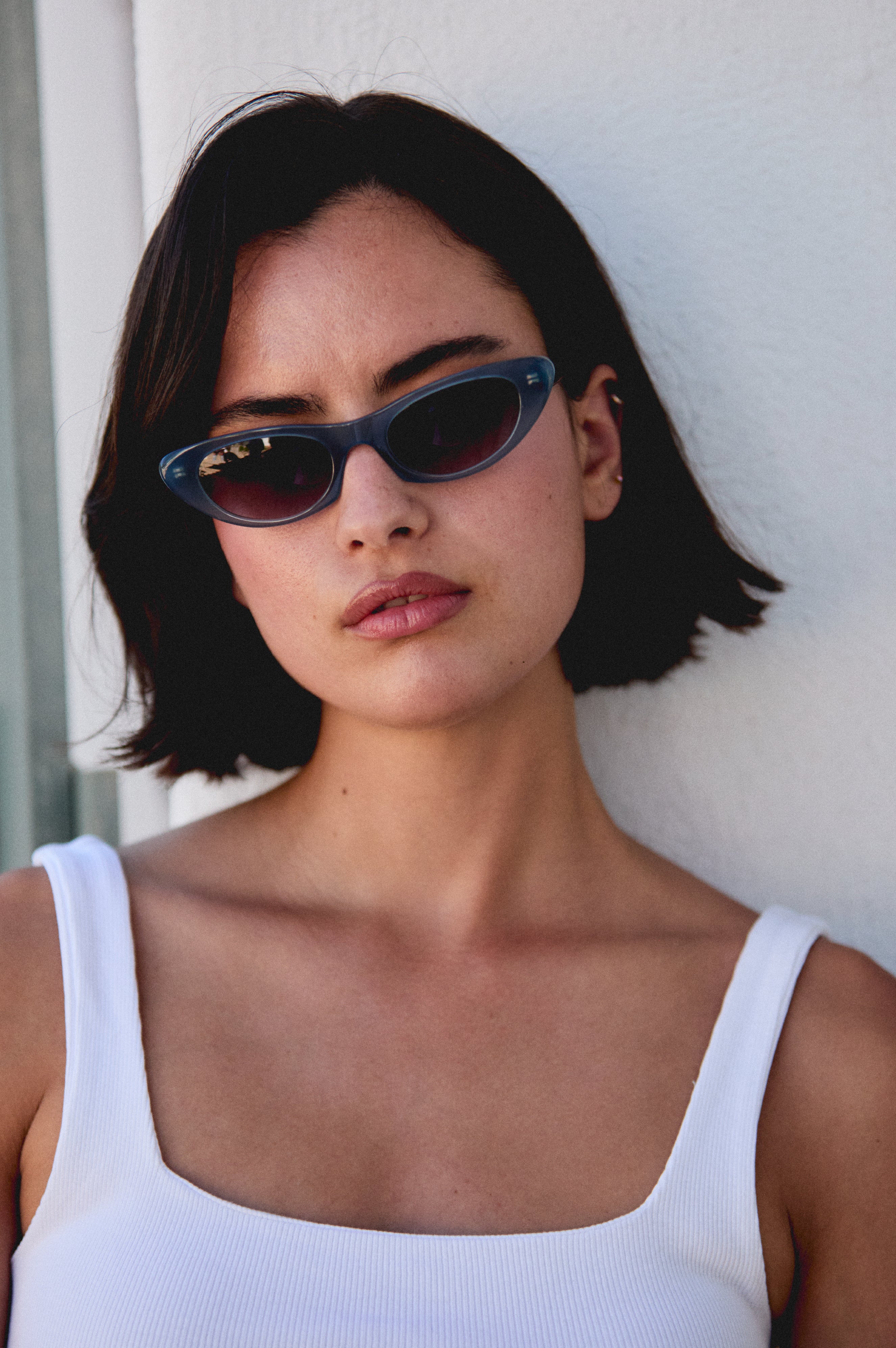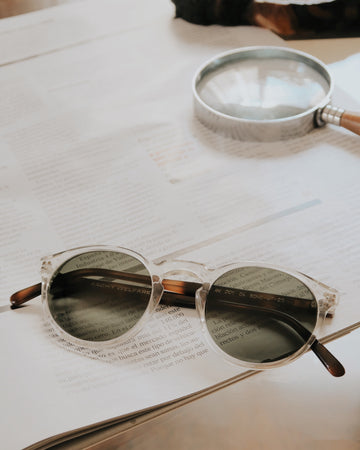After the return to the new normality, after more than two months of confinement and with the need to reinvent our habits and adapt them to spending more time at home, we have found an upturn in appointments for visual examination in patients with a common denominator, a deterioration in medium and long distance vision.
The visual system, originally, is designed for distant vision, that is, so that our visual system is relaxed. Due to changes in social behavior throughout the 20th century and even more so in
this 21st century, where people from an early age are adopting behaviors that require greater visual stress by spending many more hours straining their eyes than the time they were their predecessors. These widespread changes in social behavior mean that people spend most of the day within four walls and making frequent use of computer, tablet, or mobile screens.
The consequences of this visual stress cause the eye to adapt and it is the visual system itself that "prefers to have a good near vision" to the detriment of a more distant natural one. That is, the eye becomes "myopic" (increases its length), although it is true that this only happens when you have a genetic predisposition for it.
After the period of confinement due to the coronavirus, society has spent more time than ever in front of the screens. Therefore, people who, due to this increase in the number of hours of exposure, have noticed a deterioration in the quality of their vision may be facing:
- A real increase in myopia, that is to say, in the axial length of the eye, caused by this stimulus to the visual system and the consequent worsening of distance vision. “The eye adapts to the environment and to our habits”
- An increase in the sensation of blurred vision because that visual stress on the eye's focusing muscle has caused it to not know how to relax. After more than 60 days of confinement, the eye's focusing system (the system we use to focus on things up close) has momentarily lost its ability to relax. For this reason, when looking at far distances and in the face of the inability to relax, our perception is of a worsening of sharpness in the most distant objects. But this sensation will gradually fade as the visual system returns to its natural habits and the focusing muscle learns to relax again.
For optometrists, it is very important to carry out an exhaustive optometric examination in order to be able to differentiate in which case we are, since a real increase in myopia (physiological) is not the same as a sensation of increase derived from poor muscle relaxation (pseudomyopia). )









